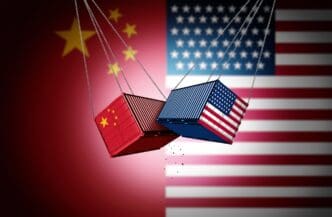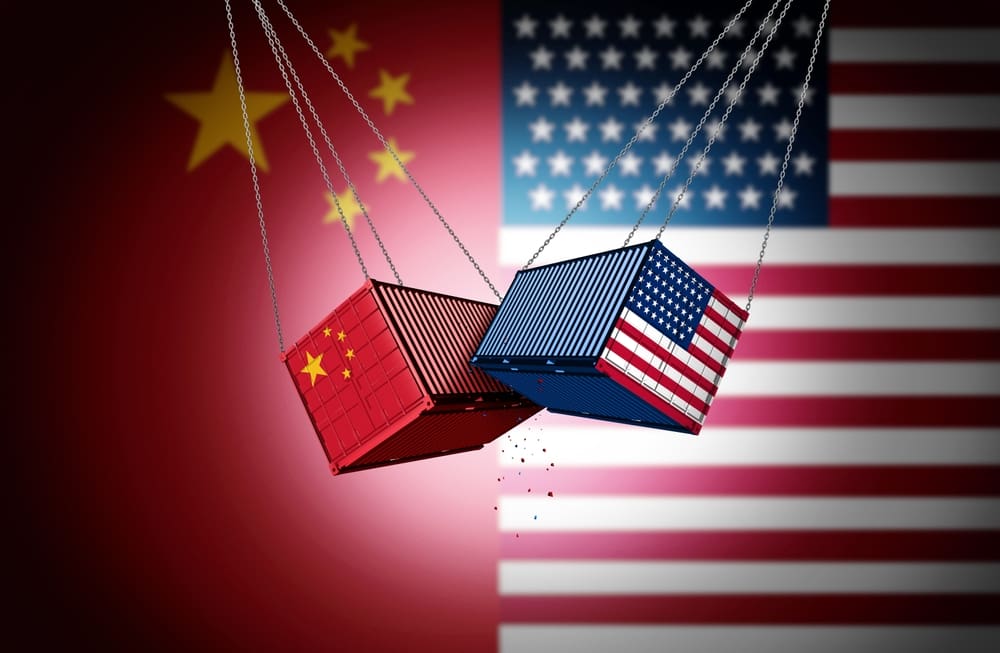The heightened trade tensions between the United States and China are impacting the global supply of rare earth elements. Following President Donald Trump’s imposition of tariffs, China has restricted the export of these critical minerals, which are essential for various technological and military applications. This move has led to immediate repercussions for companies across the United States as they scramble to secure their supply chains.
MP Materials, the operator of the Mountain Pass mine situated in California’s Mojave Desert, reported a surge in inquiries from businesses concerned about the potential shortage of rare earths. The mine remains the only rare earth production site in the U.S. However, it is unable to satisfy the national demand, prompting efforts to establish new domestic mining ventures.
Rare earth elements are critical components in products such as electric vehicles, high-performance magnets, advanced fighter jets, smartphones, and televisions. Despite the name, these 17 elements are relatively abundant but challenging to find in economically viable concentrations. The recent tariffs are expected to affect the cost and supply of these ores.
MP Materials, which revitalized the Mountain Pass mine in 2017, announced a halt on sending its ore to China for processing. The company cited China’s export limitations and the substantial tariffs imposed on U.S. imports as reasons for this decision. Consequently, MP Materials plans to continue processing a portion of its mined ore on-site while expanding its processing capabilities.
Economic experts suggest that while manufacturers reliant on rare earths will face price increases, the current global supply appears sufficient to maintain operations in the short term. Nevertheless, prices for some heavy rare earths, such as terbium, have already surged. There is a consensus that sustained Chinese restrictions could eventually lead to shortages.
China’s dominance over the rare earths market is significant, producing more than 90% of the world’s supply due to its extensive mining and processing capacity. The recent restrictions underscore the urgency for the U.S. to develop its mining infrastructure and reduce dependence on Chinese imports. President Trump has been actively pursuing this goal through executive orders aimed at streamlining mining permit processes and encouraging investment in domestic projects.
Companies like NioCorp and U.S. Critical Minerals are working towards developing new mines in Nebraska and Montana. These efforts are seen as vital steps in countering China’s leverage in the rare earth market. NioCorp is in the process of securing funding to establish a mine that could potentially be operational by the end of Trump’s current term.
The military and technology sectors, among other industries, are closely monitoring these developments. The U.S. government is investigating the national security implications of reliance on Chinese rare earths, with defense contractors assessing their supply chain vulnerabilities.
Meanwhile, battery manufacturers are preparing for potential shortages of other critical minerals, such as antimony, exacerbated by the ongoing export restrictions. Although automakers are initially absorbing increased costs, sustained tariffs and export controls could eventually lead to higher consumer prices.
As efforts to expand domestic mining capabilities continue, the U.S. faces a critical juncture in ensuring a stable supply of rare earths, necessary for both economic and security interests.








